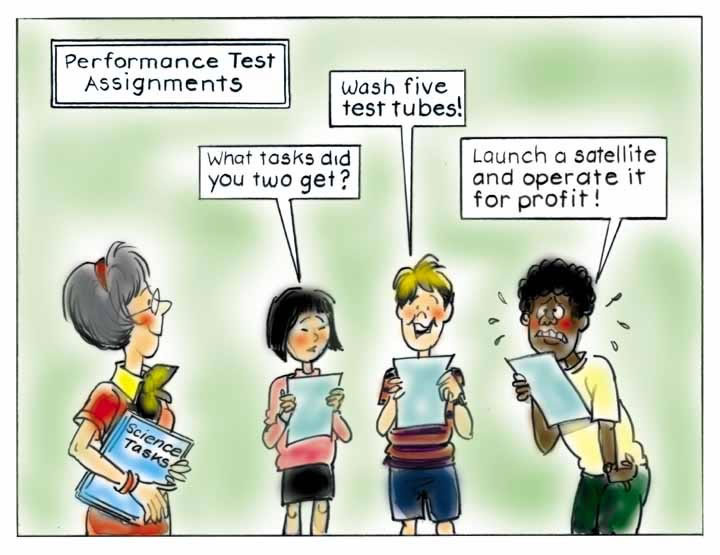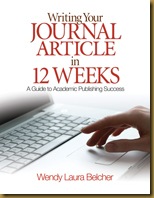
I have been working all day on issues around assessment for my doctoral course of study (the one I am taking, this time!). It is amazing how some issues that seem so straight-forward at first are really very complicated and involved.
One of my colleagues recommended this current article from Sue Bloxham: Marking and moderation in the UK: False assumptions and wasted resources, (Bloxham, S. (2009). Marking and moderation in the UK: False assumptions and wasted resources. Assessment & Evaluation in Higher Education, 34(2), 209 – 220) which I read with great interest. With issues around teacher / learner power, whether we can assess if learning is done at all, how issues meant for the natural sciences is problemativ when applied to the social sciences, and how (if?) to objectively measure students in a consistent manner, she gave me a lot to think about. I think the author ended her work in a significant way for those of us considering assessment in the social sciences:
at heart this is an epistemological issue; how is the knowledge of what is a good exam answer, essay, project or piece created? It is created through a social process involving dialogue and experience and using artefacts such as assignment guidance and assessment criteria but, in essence, it remains essentially an individual construct, heavily influenced by traditions in the subject discipline (p. 218).
Now, what to do with this for my own online class?!


